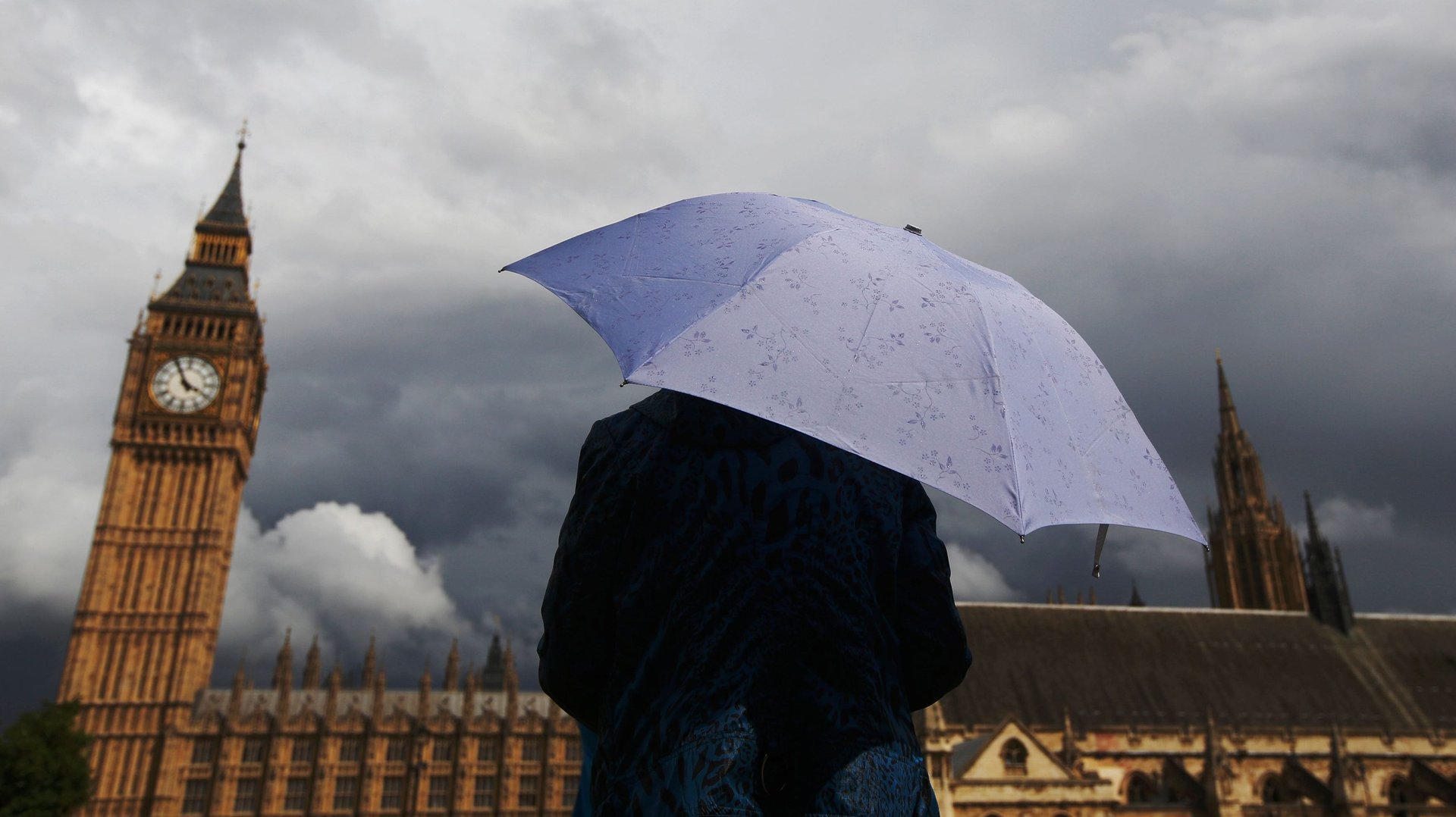The arbitrary 10-year time limit for women who’ve frozen their eggs
There are several reasons why a woman might choose to freeze her eggs. Some do so for medical reasons: Treatments like chemotherapy, for example, can damage fertility. Then there are social factors—say, not having found the right partner yet. Either way, the process is invasive and often expensive, so it’s fair to say that most women don’t make the decision lightly.


There are several reasons why a woman might choose to freeze her eggs. Some do so for medical reasons: Treatments like chemotherapy, for example, can damage fertility. Then there are social factors—say, not having found the right partner yet. Either way, the process is invasive and often expensive, so it’s fair to say that most women don’t make the decision lightly.
But women in the UK who attempt to plan ahead face a particular hurdle. The law mandates that eggs frozen for “social” reasons can only be kept for 10 years, after which they must be destroyed. Eggs harvested for medical reasons, and sperm, can be kept for 55 years.
Now some women who were early adopters of egg-freezing technology are finding themselves in a difficult position: They can try to get pregnant using their stored eggs, even if they’re not ready. Or they may be forced to see those eggs destroyed, and with them—potentially—the chance to have their own biological child.
“This is a ridiculous law,” says Joyce Harper, professor in human genetics and embryology at University College London, who is spearheading a campaign to get the law changed. “A man undergoing a vasectomy and freezing his sperm can keep it for 55 years, but a woman can’t. Personally, I think the whole issue is fear of older mothers.”
The UK’s ten-year limit is arbitrary, according to Harper, who formally began the drive to amend the legislation in April 2018. But one reason it’s gathering steam is that egg-freezing as a technology has been around for about 10 years, meaning that the issue is now coming to a head.
International rules on egg-freezing vary widely. The US doesn’t impose a time limit on the storage of frozen eggs. (This can create its own problems, as women have to pay a yearly storage cost for as long as they want to keep eggs frozen.) France allows women who donate eggs to also freeze some eggs for their own possible use, but otherwise reserves the practice for medical reasons only. Some French women—and other Europeans—therefore travel to Spain, where less restrictive laws have led to a thriving fertility business.
The UK’s 10-year window highlights a particular Catch-22 for women weighing their fertility options. Data released this month (pdf) by the UK’s Human Fertilization and Embryology Authority (HFEA) highlighted the fact that if eggs are frozen when a woman is over 35, their viability declines. But if a woman in the UK froze her eggs at age 25, she would have to either use or destroy them by her mid-30s. Many younger women don’t have the money to undergo such a practice, nor would they be motivated to do so, since no one knows what the future holds.
The time limit was initially put in place when egg-freezing was a newer technology, and it wasn’t yet clear whether long storage would have an effect on eggs. Those who want to see a change in the law say that the practice of egg-freezing is still tied up with moralizing fears about women delaying pregnancy and becoming mothers later in life. As such, “social” egg-freezing is part of a wider conversation about how society polices women’s bodies.
Ruth Deech, an academic, bioethicist, and member of the House of Lords, last week told the BBC (segment starts at 9 minutes 50 seconds) that there is “absolutely no reason” not to allow eggs to be stored for a much longer time period. “It’s never going to be a casual or majority practice,” said Deech, who is also the former chair of the HFEA. “It will be for women who in their thirties find themselves in a particular situation, and can see a way out that gives them some hope and takes some psychological pressure off their shoulders.”
About 1,000 women froze their eggs in 2016, according to the HFEA, and about 500 “thaw cycles” took place where eggs were unfrozen for implantation.
“Probably no woman would do it by choice. But somehow in her reproductive years she hasn’t met the right person, or the circumstances weren’t right,” Deech said. She addressed the House of Lords last week in an effort to get the law changed. The debate marked the 40th anniversary of the first human conceived through IVF, Louise Brown, born in the UK in 1978.